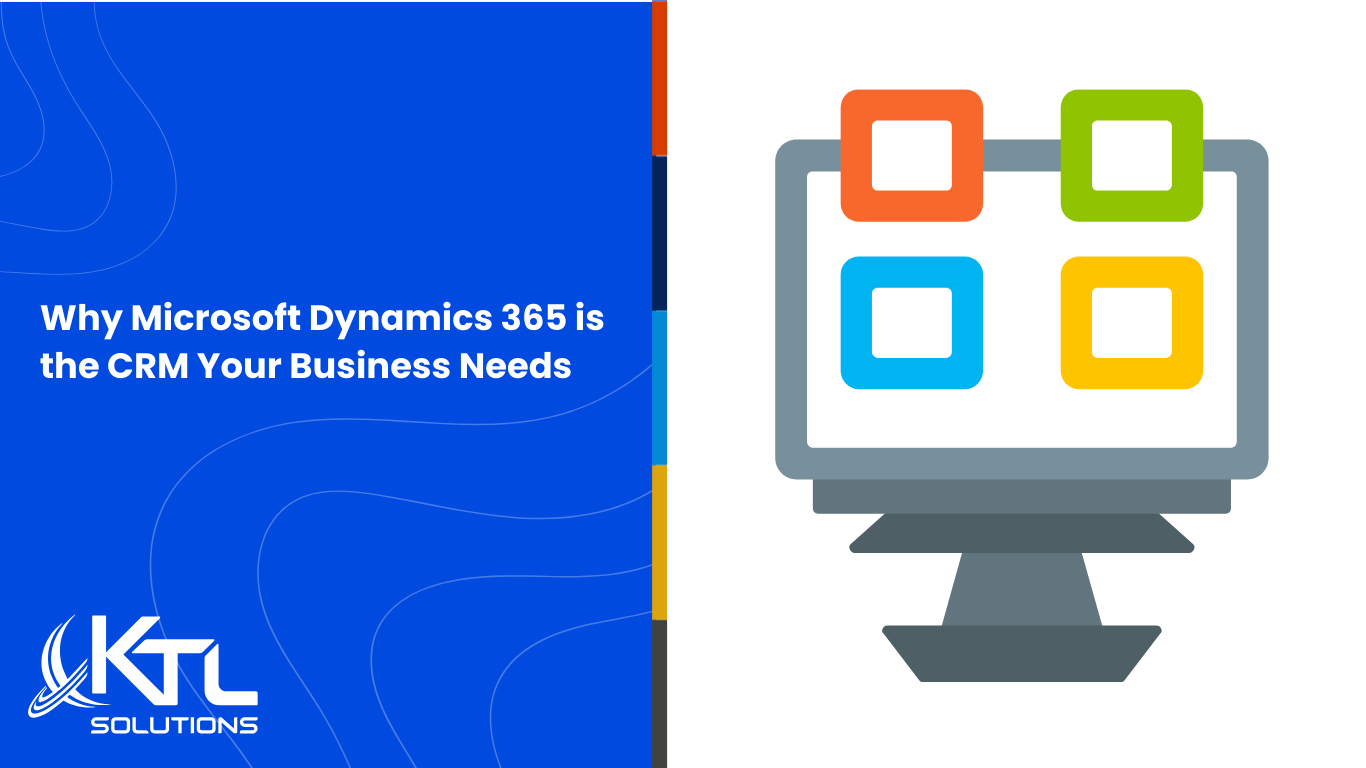Do you feel like there is data that you could or should be analyzing? Is this data beyond your current chart of accounts (COA)? A great tool for tracking data that is beyond your COA is Microsoft Dynamics GP Analytical Accounting. This module within GP allows you to track your projects and funds by using Management Reporter, FRx, Smartlist and SQL Reporting Services.
How can a company tell if they need to add a segment to their COA or if Analytical Accounting will meet their needs?
When a company designs a COA it usually has at least two segments. Over time, many companies see the need to track additional data that was not designed to be tracked using the COA. Traditionally the only way to track and report on data in an ERP system has been to do it using the COA. Well not anymore. The Analytical Accounting module within GP was designed to track additional data and this data can be reported on using Management Reporter, FRx, Smartlist, and SQL Reporting services.
How can Analytical Accounting work for my company?
The first step in using Analytical Accounting is to classify, report, and analyze financial transactions based on your specific business needs with transaction dimensions such as, Cost Center, Profit Center, Region, or hours. (These are just examples of how to classify the financial transactions.)
Next is to create transaction dimension codes specific to your ledger transactions eliminating the need to analyze these on the basis of account segments. You can apply dimension codes to the Purchases/Inventory account for immediate tracing upon entering a PO transaction.
Once you have created your transaction dimensions and codes and then assigned your codes to the ledger transactions, you now have the option of using the wizard-driven inquiries. These queries allow you to create multi level reports and drop data into Excel for faster analysis. It also allows you the ability to analyze transactions across your entire organization with integration across other modules in Dynamics GP; including GL, Receivables Management, Payables Management, Inventory, SOP, POP, Grant Management, and Bank Reconciliation.
If you maintain a budget on these projects, you can enter a project specific budget into Analytical Accounting using an excel based budget import. You can select a start and end date to support budgets of varying time intervals such as quarterly, semi-annually, or multi-year-while keeping the existing options for fiscal year intact for budgets.
After all this, you have learned that if your company has data that you would like to start analyzing—Analytical Accounting could be a good fit for you. It’s just as easy as first creating a transaction dimension that will classify your data; second, you can create a dimension code to apply to your transactions, and lastly, you can now create a budget within Analytical Accounting. With transactions coded to the dimension codes as well as a budget loaded into GP by the dimension code, you can now run Queries as well as Management reporter reports with this data.
If interested in speaking with Colleen about Analytical Accounting, the steps to take to see if you company is a right fit, or to ask more specific questions based on the uniqueness of your business, contact sales@ktlsolutions.com or 1.866.960.0001.
COLLEEN WILLIAMS | Senior Business Software Consultant
Colleen graduated with a Bachelors of Science Degree in Accounting from California State University San Bernardino. She has extensive accounting experience over the past years working as staff accounting and controller. Colleen has over 10 years Great Plains experience which includes many implementations for private companies. She also has extensive experience with Business Intelligence, budgeting and report writing while working on BI360, QuickBooks, Oracle, PeopleSoft, Timberline and Solomon. Colleen has worked in various industries that include: real estate, property management, timeshare sales, publishing and insurance. These various industries have given her the necessary experience to handle large company consolidations and report writing, budgeting and forecasting, project accounting, sales invoice processing, and fixed assets.




































